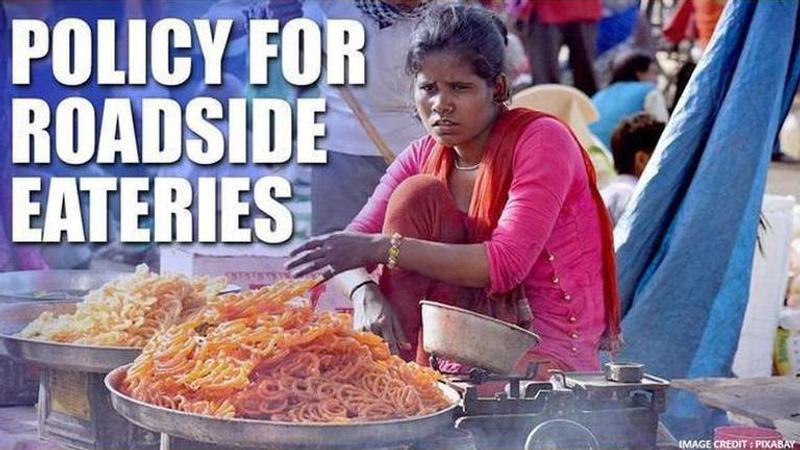Published 23:24 IST, February 25th 2020
NGT directs Haryana government to act on roadside eateries in Murthal
The NGT directed the Haryana govt to take remedial measures and finalise a policy by March 31 on the roadside eateries operating in Murthal without permission

The National Green Tribunal (NGT) on Tuesday has directed the Haryana government to take remedial measures and finalise a policy by March 31 on the roadside eateries operating in Murthal without permission. The NGT issued the directions a day after the Central Pollution Control Board (CPCB) told the body that the restaurants in Murthal were extracting groundwater without permission.
A bench headed by Chairperson Justice Adarsh Kumar Goel stated, "The state of Haryana may ensure that the points emerging in the report of CPCB are covered by the policy and finalise the policy by March 31."
The NGT also directed the government to take remedial measures by conducting a special drive in the next two months. The Haryana government has also been directed to create a status of compliance on April 30.
'Eateries operating without approval'
The CPCB on Monday told the NGT that restaurants and roadside eateries at Murthal in Haryana were operating without approval from state pollution control boards and extracting groundwater without permission.
The apex pollution monitoring body which along with the Haryana state pollution control board and the municipal corporation inspected the eating outlets told a bench headed by NGT Chairperson Justice Adarsh Kumar Goel that the units need to take necessary permission from state pollution control boards for operating roadside eateries and restaurants.
"The state pollution control boards should ensure that these roadside eateries/restaurants obtain the necessary permission from the boards as per the state policy.
No unit should be allowed to be established in areas in which such facilities are not available and should be closed down or shifted to areas where such facilities are available," the CPCB said in its report.
The CPCB also recommended that the state pollution control boards should ensure that necessary infrastructure with respect to the collection and treatment of sewage and solid waste has been provided prior to granting permission to such units.
The CPCB found serious deficiencies, including unscientific handling of liquid and solid waste and cooking oil during the inspection.
Updated 23:24 IST, February 25th 2020




